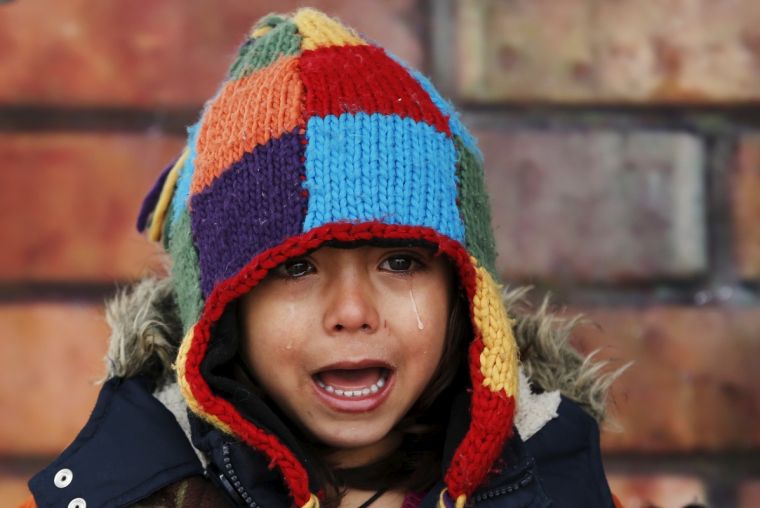Is the government using vulnerable refugees to score political points?
Revelations that the UK government ignored offers from local authorities to accommodate 1572 asylum-seeking children hit the news this weekend.
This came as no surprise to me as the charity I founded, Home for Good, has had a similar response from the government. We have regularly informed it that since 2015 we have received nearly 15,000 registrations of interest from members of the public who are interested in offering themselves to start the process to foster unaccompanied refugee children.

Despite this huge commitment from UK citizens to offer practical help and hospitality in the global refugee crisis, the government claimed it could not proceed because local authorities were too stretched.
However, despite pressure on councils to reduce budgets, cost save and cut back on services, we have found many local authorities who are very keen to welcome refugee children from Europe. This is reflected in the 1,572 places offered by councils and ignored by the government.
Working together with Lord Dubs, a former child refugee himself, Save the Children originally argued that the UK should take 3,000 refugee children in. This was calculated to be the UK's fair share of the total number of at-risk asylum-seeking children in Europe. But after receiving only 480 refugee children, in February the government controversially chose to close this 'Dubs' route. One of the reasons it cited was that it had not received enough offers of places from local authorities. The new evidence shows this was not true.
The decision to close the Dubs route remains a mystery to many of the MPs from different parties I have spoken to. Some have suggested to me that the decision comes from a political desire to look tougher on immigration, possibly in light of the Brexit conversation. This would explain why the government went public on its plans to close the Dubs route when it could have instead quietly moth-balled the scheme.
It seems that some of our politicians are using the plight of vulnerable refugee children as a political football for point-scoring against one another.
I do not believe that this decision reflects the feeling in Britain accurately. I have been very impressed by the quality and dedication of the civil servants I have dealt with in departments that relate to refugee resettlement and the care that we provide for refugee children that arrive in the UK. I cannot believe that these civil servants would have misread the numbers when it came to the offers from the local authority.
Similarly, I cannot believe that all those who voted for us to leave the European Union expected us to turn our backs on the vulnerable children of the world as a result.
Our nation has a long and proud tradition of offering refuge and hospitality to the most vulnerable people in our world. Thousands of members of the public have shown they are keen to help. Church leaders and charities have called on the government to help. And now there is empirical evidence of the offers made by the councils of our nation that they have the capacity and desire to help too.
In light of this, I would ask the next government of the UK to pledge to help children who have lost their families while fleeing war and terror. With the election campaign in full swing, it is important that the plight of refugee children remains on the agenda, not for political point-scoring, but for the sake of compassion and justice.











